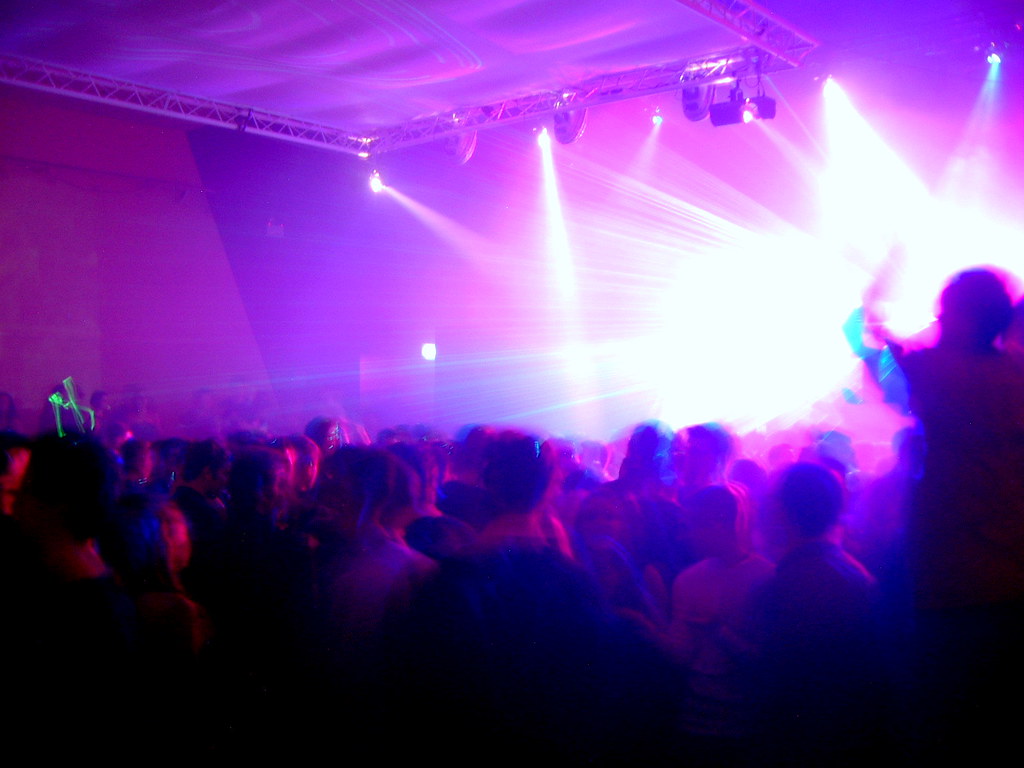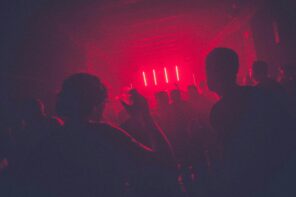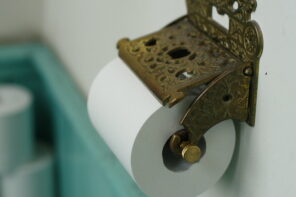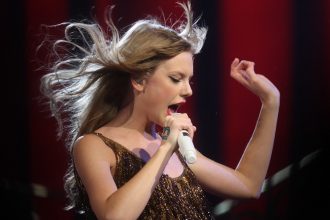It’s hard to believe I’ve spent the last 15 years under the structure, security, and stress of schooling. It’s equally hard to believe that every year until now I have loved existing in this bubble and rarely longed to pop it, fall back to earth—to tear myself away from all this socializing and learn to feel the prickly reality of adulthood beneath my toes. In middle school the excitement of returning to school in September had everything to do with learning: with books, history, and my big dreams of forever being engrossed in academics via the ten different postsecondary degrees I would pursue. I wanted to learn for the rest of my life. I spent all my time reading and none of my time socializing.
Up until ninth grade I was pretty content with the life I had made for myself between the pages of Percy Jackson and Jane Austen. I felt comfortable living in the romantic and fantastical adventures of my literary protagonists. Slowly but surely, however, I began to imagine life outside of those pages; my body was changing, my classmates were whispering in PG-13+ song lyrics, and real-life thrills I had never had the confidence or audacity to imagine myself chasing began to seem possible. I had always wanted things. I wanted to go to Oxford, I wanted to be the most well-read and well-spoken person in the room, and I wanted to publish a book. But never before had I dared to want things I felt I wasn’t allowed to want. If my life was a Dork Diaries book, I was the dork.
Infamy was, and still is, the new fame.
But things were changing. I wanted to experience things, not just read about them. For the first time I began to yearn for other people’s validation that I was as special as I grew up convincing myself I was. But it wasn’t about being the smartest person in the room anymore. Now, I wanted people to talk about me and dream about me the same way I had talked and dreamt about the characters in my books. I woke up and looked forward to going to school not for myself, but because of all the possibilities I saw in others. Yet I quickly realized the perception of ‘popularity’ I had constructed for myself — being desired, being talked about — frequently involved doing things I wasn’t always comfortable doing. Infamy was, and still is, the new fame.
Besides the obvious, the problem with this way of thinking is that you end up destroying yourself and abandoning what you believe in simply so other people will notice you, will validate you. And no validation is ever enough. In university, I imagined the Principle of Infamy would cease to apply. That there wouldn’t be a fame for me to crave or a notoriety for me to pursue. Yet by the end of it, I wasn’t sure the person I had become was someone I recognized, or even liked. I spent so much time self-obsessing and self-deprecating that drinking made it easier to socialize. Sober, I was neurotic. Drunk, I was a riot. Moving from Toronto, the 18-year drinking age in Quebec also made alcohol that much more accessible. Too accessible. I wouldn’t stop until I was hammered enough to forget how I embarrassed myself the night before. But hey — attention is attention, right? Furthermore, though McGill is a premiere academic environment, it’s also a highly competitive one, and alcohol is nothing but a reliable de-stressant (and an equally dependable depressant – literature suggests that the more a person drinks the more they are likely to develop major depression). Not only was I drinking to be infamous, I was drinking to unwind.
The more I submitted to this environment, the more I lost sight of the girl who had dreamed and wanted in fiction and prose, and the more I transgressed my boundaries in pursuit of validation.
Drinking is deeply ingrained in our social lives here. It’s an easy way to be seen, to meet people, and to connect. But it’s a dangerous one. In some social spaces, especially those defined by who you know and how you look, drinking is a unifying force. The social thread. People meet each other through experiences/events driven by alcohol rather than their interests or hobbies. The more I submitted to this environment, the more I lost sight of the girl who had dreamed and wanted in fiction and prose, and the more I transgressed my boundaries in pursuit of validation. Yet even when I couldn’t remember a night out, I would wake with a pressing sense of shame and discomfort. And as much as systemic issues like addiction and mental illness are pervasive in every corner of society, alcohol makes you likelier to act on impulse. Reckless behavior makes you more likely to feel ‘down’ or anxious the next day, particularly if you are predisposed to depression.
At my lowest points, I put immense stress on myself by succumbing to the sense of social (and academic) competition I felt around me. I constantly compared myself to others who I imagined to be happier than me and relentlessly chased their validation. But this kind of thinking will always catch up to you. In books, graduation traces the protagonist’s maturity. It’s the year they cement their ‘forever friendships’ and figure out who they want to be. Yet coming into this year having lost some of my closest friendships to poor, alcohol-induced decision-making, I wasn’t looking forward to going back to school. I didn’t want to be infamous anymore. I wanted to be myself.
I constantly compared myself to others who I imagined to be happier than me and relentlessly chased their validation.
Now, I am making an active effort to shift my perspective. To relearn myself. I am looking at myself in the pink-tinged reflection of the bubble and asking what it will feel like when it pops and I crash onto the ground. Will I plummet? Be swallowed by the self-debasing swamps and murky half-truths of my mind? Or will I descend gently onto the soft grass and sweet-smelling roses of my childhood dreams? Graduation is a tricky time for everyone, but if there’s any point I want to make, anything I want to say about my wonderful, disastrous, romantic, terrible, fantastical university experience, it is to encourage you to ask yourself: what actually makes me feel good? It can be hard to put yourself out there, and while drinking might make socializing more accessible – especially on such a big campus – I would encourage you to pursue friendships and activities that make you feel good even if alcohol isn’t involved.








